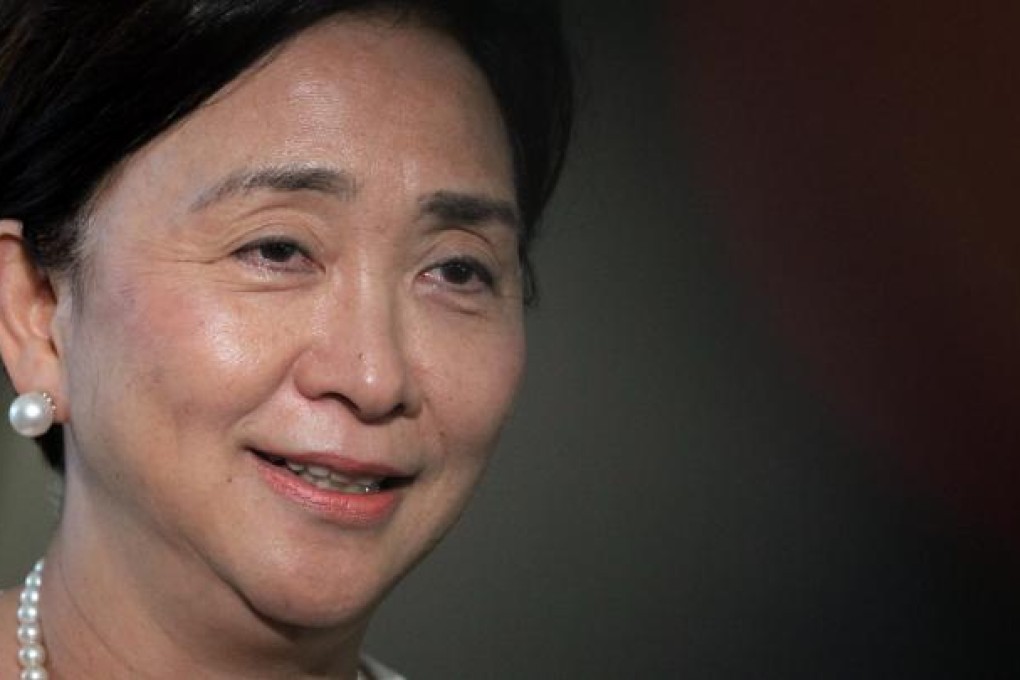
Two key political parties elected new leaders this month. The Democratic Party will be led by veteran Emily Lau Wai-hing, who narrowly defeated moderate Sin Chung-kai after her last-minute decision to come forward. The pro-business Liberal Party will be chaired by Selina Chow Liang Shuk-yee following an uncontested race. There is little doubt that Lau and Chow are both seasoned enough to take over the stewardship. But that the city's two oldest parties continue to be led by faces from decades ago speaks volumes about the dearth of political talent in Hong Kong.
Admittedly, our parties are still relatively young. Some are recent arrivals with just a few years of history. The Democrats and the Liberals were founded in the early 1990s. Once the two major voting blocs in the legislature, both have seen their influence wane following internal rifts and electoral setbacks over the years. Since then, successive leaders have repeatedly vowed to reform the parties and groom younger aspirants to senior positions. The latest leadership change shows that, evidently, this is easier said than done.
The proliferation of pro-democracy parties such as the Civic Party, the NeoDemocrats and the radical People Power, is partly attributable to the Democratic Party's failure to reinvent itself. Together with the Democratic Alliance for the Betterment and Progress of Hong Kong, Liberals and newbies like the New People's Party at the other end of the political spectrum, the choices for the community, in theory, are plentiful. Sadly, most people still do not identify themselves with any group. A Chinese University survey last month showed that just 5 per cent of the public are happy with any party's performance. One in seven said their impression of political parties had deteriorated over the past 10 years.
The findings are hardly surprising. Constitutionally, there is little role for political parties in a so-called executive-led government. The limited power vested in Legco and the dominance of government allies render it a rubber stamp most of the time. Recently, the unruly behaviour of some rebel lawmakers has further undermined its image.
However, the development of party politics is an irreversible step in our quest towards democracy. The promise of universal suffrage is expected to open more opportunities for them. They should better engage the people and prove that they can play a more important role in governance.
